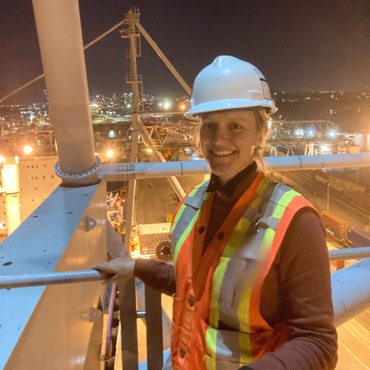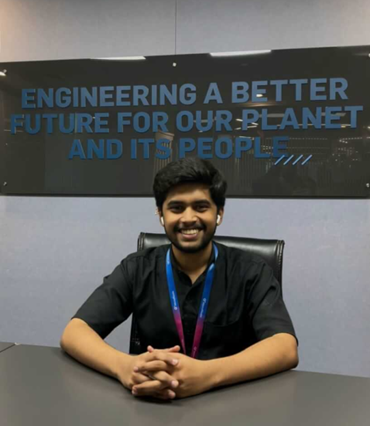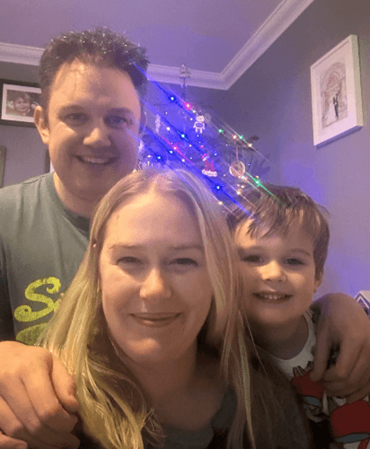Let’s find your next opportunity
AI Assistant: {{ chat.assistant.message }}
Suggested roles matches
Sort By
{{ job.job_posting_title }}
{{ job.is_cms_job ? (job.cities.split(';').length > 1 ? 'Various locations' : job.location_mappings[0]) : (job.location_mappings.length > 1 ? 'Various locations' : job.location_mappings[0]) }}
We are sorry there are no jobs that match your exact criteria. Try a new search term, or use the filters to continue browsing for available opportunities.
Suggested roles matches
{{ job.title }}
{{ [job.cities[0], job.regions[0], job.countries[0]].join(', ') }}
Various locations
We are sorry there are no jobs that match your exact criteria. Try a new search term, or use the filters to continue browsing for available opportunities.
Let’s find your next opportunity
{{ job.job_posting_title }}
{{ job.is_cms_job ? (job.cities.split(';').length > 1 ? 'Various locations' : job.location_mappings[0]) : (job.location_mappings.length > 1 ? 'Various locations' : job.location_mappings[0]) }}
Featured in an Amazing Apprenticeship article, read Tash's blog below.
Meet Tash Tustin, Apprentice Consultant on the Development Programme here at AtkinsRéalis.
We know it's valuable to discover real-life insight from our apprentices, especially if you're looking to apply and are thinking, "How do apprenticeships work?".
How do you balance work and study with an apprenticeship?
On my university day, I often work on assignments or read in the morning and then attend lectures in the afternoon.
Everyone I work with supports the time I spend on my studies. AtkinsRéalis' flexible work culture means I can split my study time across multiple days by doing a few hours each weekday. So, I'm free to find the right balance for me, and when on study leave, no one interrupts me. Most of my assignments are "work-based," and my colleagues are always more than happy to help answer my questions.
What skills do you develop through an apprenticeship?
AtkinsRéalis has helped me develop skills for life, such as teamwork and leadership.
Since joining, I've discovered what I'm capable of by being supported on tasks somewhat out of my comfort zone. For example, I've built competence and confidence in programmes like Excel by using them daily.
Why do an apprenticeship?
I wanted to kickstart my career and do formal learning at university, while learning skills 'on the job'. Learning at university and applying the knowledge at work is the best way I learn.
Why choose AtkinsRéalis?
I developed a real passion for business studies during my A-levels. I wanted to be a consultant, helping clients solve problems and make a difference. I like AtkinsRéalis because of its huge range of exciting projects.
What does an apprentice do?
As an Apprentice Management Consultant, I spend four days a week creating value for clients like Heathrow and EDF – improving performance, providing objective advice, and implementing business solutions. I spend one day a week studying for my degree in Project Management.
What's the best part of your apprenticeship?
Being selected as Vice Chair for School Leavers and Apprentices at the Young Management Consultancies Association. I use my passion for apprenticeships to encourage other school leavers to apply.
Representing the consultancy industry and AtkinsRéalis at this level demonstrates the wealth of opportunities available to me here at AtkinsRéalis.
What is AtkinsRéalis' social scene like?
Each month, the Young Professionals Forum puts on a funded and unfunded social. These have included bingo in a nightclub, Oktoberfest, and roller skating.
We also have sports clubs, like football, rugby, and netball. We also have an internal online networking tool, meaning like-minded people can easily meet up and chat online, such as AtkinsRéalis Sailing and AtkinsRéalis Photography.
What will you do once your apprenticeship is finished?
My future is bright at AtkinsRéalis, and I see myself staying on.
I can choose which consultancy area I would like to specialise in. I'm interested in Business Change and Engagement, but I still have three years to decide.
I'd be keen to become a line manager, making a difference for other apprentices after me.
FAQs
Is an apprenticeship classed as full-time education?
Apprenticeships are designed to combine real work with training and study. Apprenticeships are more popular than ever and offer a viable alternative to university for many people.
What is a modern apprenticeship?
Simply put, a "modern apprenticeship" can be within a variety of different industries, sectors, and specialisms, and lets you earn and learn at the same time.
Some differences between modern and traditional apprenticeships include:
- Structure: Modern apprenticeships offer more structure and typically have a defined duration and a recognised industry standard. Traditional apprenticeships can be less structured and vary greatly in duration.
- Industry: Traditional apprenticeships were more associated with skilled trades and manual labour, while modern apprenticeships span many different industries.
- Learning: Modern apprenticeships place more emphasis on structured learning, while traditional apprenticeships focus more heavily on on-the-job labour.
Are you looking for an apprenticeship?
We're looking for the next top talent.
Find out more about our apprenticeships today and see how you can make a difference in your career with us.
Our apprenticeship resources:
Related blogs
Related jobs
We are sorry there are no jobs that match your exact criteria. Try a new search term, or use the filters to continue browsing for available opportunities.

Talent Community
Would you like to know more? Not ready to apply? Join our talent community to stay connected and engaged with us at AtkinsRéalis.













